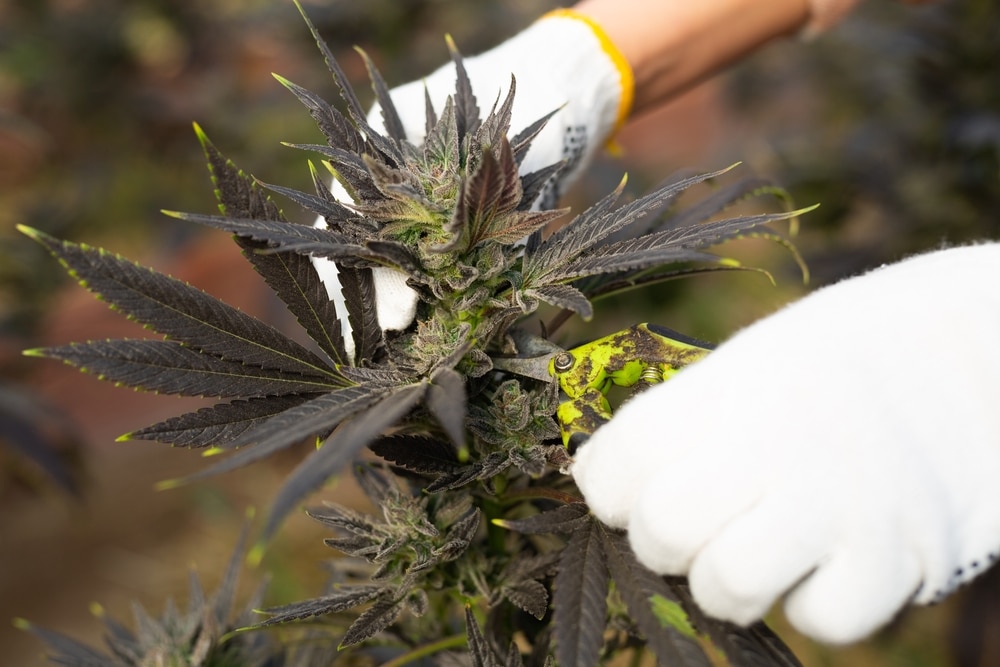Marijuana jobs are getting harder to find in Colorado.You’ve probably seen headlines claiming that marijuana sales in Colorado are declining. 28 percent According to recent reports.
This is the first for Centennial State to legalize the sale of adult cannabis in 2014. seen all over the countryColorado is reportedly the hardest hit.
Between February 2022 and February of this year, cannabis business owners have cut nearly 10,500 jobs in the state, for a total of 27,856 workers statewide. Compare that to industry employment rates in other states.
- California – 85,593
- Florida – 29,011
- Illinois – 29,925
- Massachusetts – 28,370
- Michigan – 35,405
It’s no surprise that a state like California has overtaken Colorado in sheer size alone. But compared to states like Florida (which only offer medical marijuana), this is a surprise.
The decline in Colorado’s jobs has paralleled a decline in wholesale cannabis prices, which are now down 61% compared to 2021.
“I’m not surprised,” said Truman Bradley, executive director of the Marijuana Industry Group. Said Westward“The industry is going through a 20-month recession with no end in sight. Sales are down more than 20% in the recreational sector and more than 45% in the medical sector this year.”
According to the Colorado Department of Revenue, the state posted $129.4 million in first-month sales. This is down 15% from his $151.1 million sold in January 2022 and down more than 30% from January 2021.
This decline in sales has affected the industry as a whole. Accountants, software providers, and other business services all cut headcount. Not to mention, state and tax revenues are down as well.
“The economic impact of Colorado’s cannabis industry is real, and unfortunately, we also know that the contraction will have knock-on effects.” Bradley pointed out.
Job cuts are the result of legalization, economic inflation and COVID-19
It’s a tough time for Colorado’s cannabis industry, but some economic forecasts are optimistic.of Governor’s Office of State Planning and Budget Marijuana tax revenue is projected to increase by 16% in 2024.
Yet these job cuts are only a reminder of the ongoing struggles facing the country from the 2020 public health crisis.
“COVID has changed a lot of things in cannabis and other industries.” Bradley said“After such a big shock, it’s difficult to know what the world would have been like without that shock. Not only have other states legalized it, but we’re also dealing with high inflation that we haven’t seen since cannabis was legalized.”
With that in mind, it’s hard to guess in which direction Colorado should head the industry. Bradley believes the current 15% excise tax on wholesale marijuana has “long-term concerns.”
Colorado is just one of three states that charge an excise tax on wholesale cannabis transfers. Such a decision was approved by voters when Coloradan first legalized it in 2012.
“When Colorado voted in favor of various taxes currently in place, it was in some cases the only legal market where you could buy cannabis for nearly 1,000 miles.” Bradley said“That’s no longer the case, so the 20th decade has to look different than the 10th one if Colorado’s cannabis industry is to survive.”





